Canada
The University of Toronto is well-known for its exceptional academic programs, particularly for computer science students. The university is committed to providing a diverse and inclusive environment for its students. It is a top-notch university in several fields such as business, engineering, and humanities, providing a well-rounded education that complements computer science studies. The campus life is vibrant and fosters collaboration and innovation, offering students various opportunities to participate in cutting-edge research and projects.
McGill University is situated in Montreal and is renowned for its research-focused programs, making it a great choice for those interested in computer science. The university offers a diverse range of undergraduate and graduate programs, attracting distinguished researchers who contribute to a rich academic environment. Students have the opportunity to engage in interdisciplinary studies, which helps to enhance their problem-solving abilities and critical thinking skills.
Consistently ranked among the top universities globally, the campuses of the University of British Columbia in Vancouver and Kelowna offer an excellent setting for students pursuing computer science studies. With a strong focus on research, UBC offers a wide array of programs across various disciplines. For computer science students, UBC provides an environment that encourages the exploration of emerging technologies and collaboration on impactful projects.
United States
MIT earns its fame in science, engineering, and technology, and it is located in Cambridge, Massachusetts. For those interested in computer science, MIT provides an unmatched environment for groundbreaking research and innovation. Its focus on technology is augmented by a dedication to promoting entrepreneurship, making it an excellent option for anyone seeking to explore the tech industry.
Located in the heart of Silicon Valley, Stanford University is well-known for its exceptional standards in both teaching and research. The university boasts a stunning campus that inspires innovation and entrepreneurship, with a particular focus on computer science, business, and engineering. The close proximity of Stanford to the industry giants of the tech world provides students with unparalleled opportunities to engage with and contribute to the very latest technological advancements.
Located in Pittsburgh, Pennsylvania, Carnegie Mellon University is a leading institution in technology, business, and the arts. Its interdisciplinary approach is particularly advantageous for computer science students who want to delve into the intersection of technology with other fields. The university's expertise in robotics, computer science, and information technology makes it a desirable option for those who aspire to have a career in the tech industry.
United Kingdom
With a long-standing tradition of academic excellence, the University of Oxford is a leading global institution for computer science studies. Oxford offers a diverse range of undergraduate and postgraduate programs across various disciplines, providing a comprehensive educational experience for those aspiring to become computer scientists.
Cambridge is another prestigious institution that is renowned for its challenging academic programs and groundbreaking research contributions. Its fascinating history and scenic location in Cambridge provide a stimulating atmosphere for computer science students to pursue their academic and research goals.
Imperial College is a highly-regarded institution that focuses on science, engineering, medicine, and business. It is known for its groundbreaking research and innovative contributions in these fields. The college provides a specialized curriculum for computer science students and gives them access to cutting-edge facilities, enabling them to pursue rewarding careers in technology.
Australia
The University of Melbourne is a renowned institution located in the bustling city of Melbourne. Known for its excellent research facilities and comprehensive academic programs, it offers an ideal environment for computer science students to explore the latest technologies, engage in research, and connect with a global network of professionals.
Australia's University of Sydney offers an extensive range of courses and research opportunities for computer science students, supported by a collaborative academic community.
ANU, located in Canberra, is highly regarded for its robust research programs, particularly in the areas of social sciences and humanities. ANU provides computer science students with a comprehensive education, including opportunities to investigate the social implications of technology, in addition to acquiring technical expertise.
Germany
A leading German university, TUM is known for its emphasis on science, engineering, and technology. For computer science students, TUM provides a strong international reputation, cutting-edge research opportunities, and a vibrant academic community.
KIT is a renowned center for innovation and technology, offering research-driven programs. Its computer science curriculum focuses on practical skills, industry partnerships, and project-based learning.
Humboldt University has a rich history and is well-known for its research focus. It offers a diverse range of academic disciplines for students to choose from. Computer science students can benefit from the university's unique mix of historical academic tradition and modern research opportunities. This provides them with a comprehensive and well-rounded educational experience.
Singapore
NUS is an educational institution with multiple campuses around the world, which offers excellent research opportunities and a vast range of programs. Computer science students can benefit from exposure to various cultures and the latest technologies, which prepares them for leading roles in the tech industry.
NTU, like NUS, consistently ranks among the top global universities. Computer science students benefit from a comprehensive curriculum, strong industry connections, and research opportunities.
SMU offers an interdisciplinary approach that complements computer science studies, with a focus on business and management. This provides students with technical expertise and business acumen, resulting in a well-rounded education.
Switzerland
ETH Zurich is a well-known technical university recognized for its cutting-edge research and contributions to various scientific fields. For computer science students, ETH Zurich provides a challenging academic environment, global networking opportunities, and access to groundbreaking research initiatives.
EPFL, a leading educational institution in Lausanne, emphasizes science, engineering, and technology. Computer science students benefit from hands-on learning, access to state-of-the-art laboratories, and collaboration opportunities with industry partners.
The University of Basel has a long history and offers a diverse range of academic disciplines. Computer science students can benefit from a supportive academic community, interdisciplinary collaborations, and a strong research focus.
China
Tsinghua University, located in Beijing, is renowned for its engineering, technology, and science programs. Its computer science programs are world-class, with cutting-edge research and state-of-the-art facilities.
Peking University is one of the best universities in China, offering a wide range of academic disciplines. The university is renowned for its research contributions. Computer science students studying at Peking University are exposed to a challenging curriculum, have access to leading researchers, and can effectively network within the dynamic tech industry of China.
Recognized for its academic excellence, Zhejiang University is located in Hangzhou. The university offers a forward-looking curriculum and international perspectives, with a focus on engineering, technology, and computer science.
Career Opportunities After Master's in Computer Science
1) Research and Development
2) Artificial Intelligence and Machine Learning:
With the ever-evolving advancements in AI and machine learning, individuals who possess a Master's degree in Computer Science are highly sought after. This degree opens up a range of opportunities, including designing algorithms that power self-driving systems and creating AI-driven applications to improve the user experience. Possible career paths include becoming a machine learning engineer, data scientist, or AI researcher.
3) Cybersecurity Specialist:
With the rise of cyber threats, companies are putting more emphasis on protecting their digital assets. Graduates who specialize in cybersecurity can help by creating strong security measures, performing vulnerability assessments, and developing strategies to safeguard sensitive information. Potential career paths in this field include cybersecurity analyst, ethical hacker, and security consultant.
4) Data Science and Analytics:
Professionals who hold a Master's degree in Computer Science and are proficient in data science and analytics play a crucial role in converting raw data into valuable insights. They are responsible for analyzing consumer behavior, predicting market trends, and optimizing business processes. Various roles are available in this field, such as data scientist, business analyst, and data engineer. These professionals are essential for making data-driven decisions.
5) Software Development and Engineering:
If you are interested in developing software solutions and applications, pursuing a Master's degree in Computer Science can unlock opportunities in software development and engineering. Graduates can choose from various career paths such as software engineer, full-stack developer, or DevOps engineer, and work on developing mobile applications, designing scalable systems, or contributing to open-source projects.
6) IT Management and Consultancy:
Graduates who possess advanced knowledge in the field of IT can climb up the ladder to managerial and leadership positions. IT managers and consultants are crucial for making strategic decisions, managing projects, and implementing technology within organizations. These roles require a combination of technical expertise and leadership skills.7) Entrepreneurship and Startups:
Many graduates with a Master's degree in Computer Science use their skills to start their own businesses. These entrepreneurial ventures typically concentrate on creating innovative technology, software applications, or tech-driven services. By identifying market needs and developing solutions, these individuals lead the way in technological innovation.
8) Academia and Teaching:
A Master's degree in Computer Science opens up the door to a career in academia for those who are passionate about teaching and research. After completing the program, graduates can pursue roles as professors, lecturers, or researchers in academic institutions. They can contribute to educating and developing the upcoming generation of computer scientists.
Frequently Asked Questions
- 1. Is computer science in demand abroad?
- Absolutely, computer science is in high demand globally. As the world becomes increasingly digitized, the need for skilled computer scientists has surged. Countries worldwide are investing in technology-driven industries, leading to a growing demand for professionals with expertise in computer science. From artificial intelligence and cybersecurity to software development, the demand for computer science skills transcends geographical boundaries.
- 2. Which is the cheapest country to study computer science?
- Determining the cheapest country to study computer science depends on various factors, including tuition fees, living costs, and available scholarships. However, countries like Germany and some Nordic countries offer tuition-free or low-cost education for international students. Additionally, countries in Asia, such as India and China, often have more affordable education options. It's essential to consider both academic quality and cost of living when evaluating the overall affordability of studying computer science abroad.
- 3. What is the top computer science salary in India?
- India's IT industry is renowned globally, and computer science professionals in the country can earn competitive salaries. Salaries vary based on factors like experience, skills, and the specific IT sector. Senior-level positions, such as IT managers or software architects, can command higher salaries. While the exact figures fluctuate, India's IT industry offers lucrative compensation, making it an attractive destination for computer science professionals.
- 4. Can international students study computer science abroad?
- Yes, international students are welcome to pursue computer science studies abroad. Many universities and institutions around the world actively recruit students from diverse backgrounds, including those interested in computer science. Admission requirements may vary between institutions, but most seek students with a strong academic background in relevant subjects and a passion for the field. International students should check specific admission criteria for the institutions they're interested in.
- 5. Why study MS in Computer Science?
- Studying for a Master's in Computer Science (MS) offers numerous advantages. Firstly, it provides an opportunity to delve deeper into specialized areas of computer science, enhancing both knowledge and skills. An MS degree opens doors to advanced career opportunities, including leadership roles, research positions, and specialized technical roles. Additionally, the global nature of MS programs often exposes students to diverse cultures and perspectives, fostering a rich learning experience. Overall, an MS in Computer Science equips individuals with the expertise needed to excel in a rapidly evolving and globally connected tech industry.
Conclusion
As you navigate the constantly evolving landscape of computer science education in 2024, choosing the right country and university is a crucial decision for your academic journey. This comprehensive guide provides detailed insights into the top destinations and institutions. It highlights the latest advancements and surprising facts within the field. Envision a future of groundbreaking research, innovative technology, and endless career opportunities as you embark on a Master's in Computer Science. The guide features carefully selected countries including Canada, the United States, the United Kingdom, Australia, Germany, Singapore, Switzerland, and China, each hosting esteemed universities providing a transformative academic experience. Your postgraduate journey will open diverse career paths in AI, machine learning, cybersecurity, and data science. With knowledge and skills, you can step into this dynamic realm and prepare yourself for an exciting adventure into the future of computer science education, where success knows no limits. 🚀💻 Explore further by checking out the detailed insights and university specifics provided below. Your journey into the limitless possibilities of computer science education awaits!
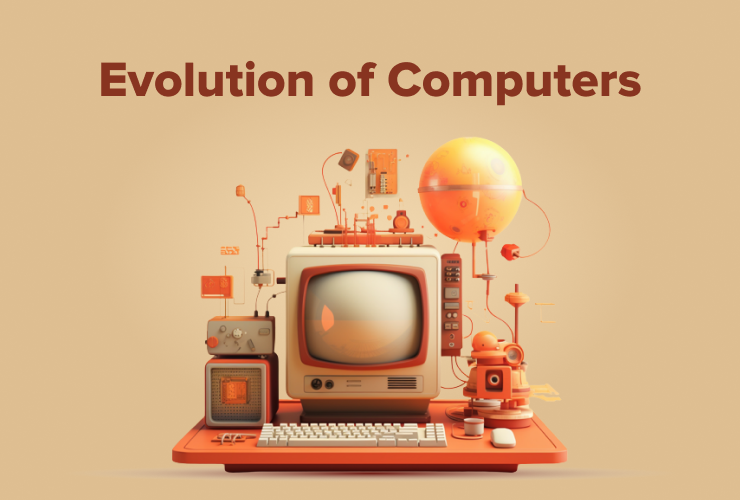





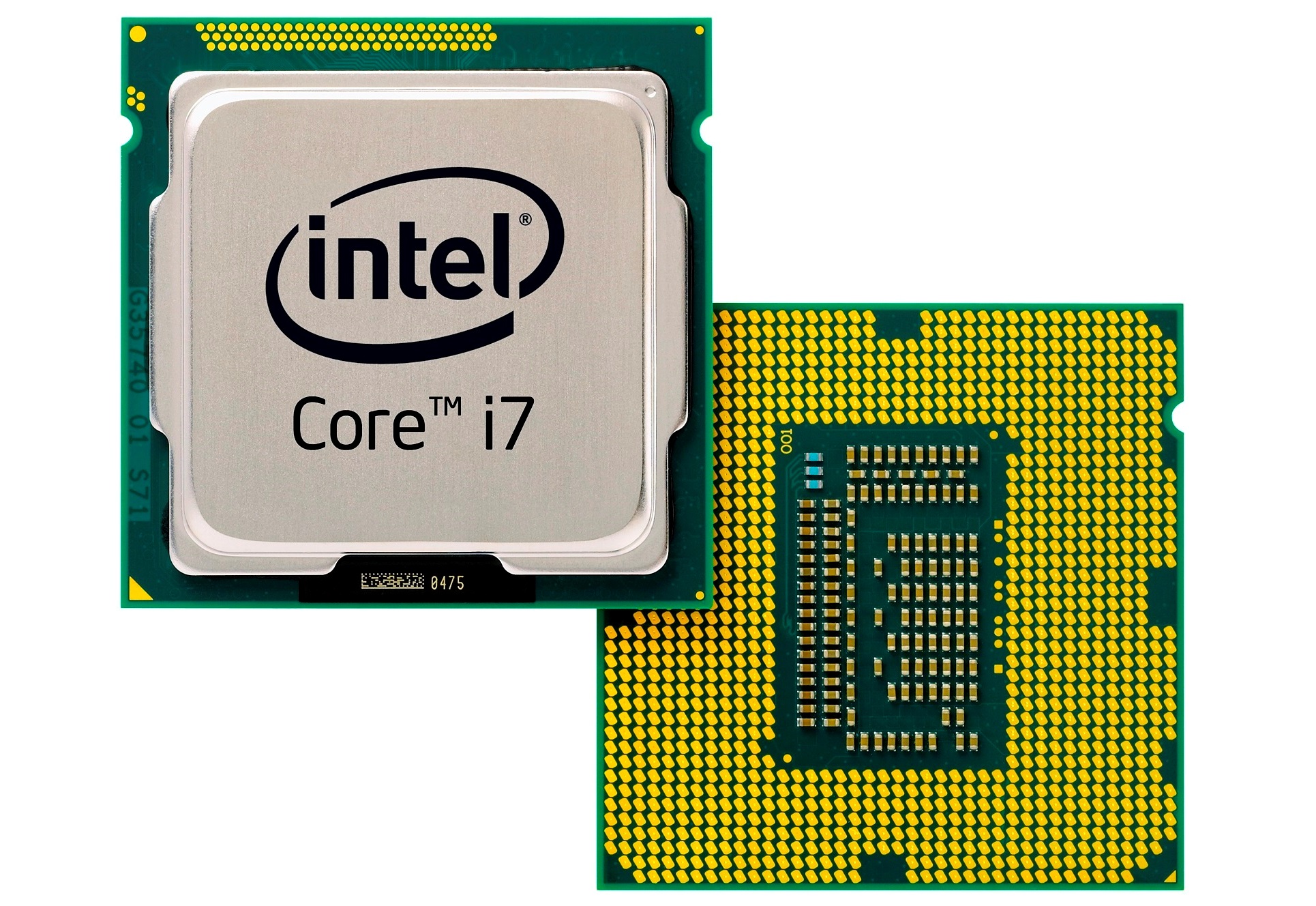




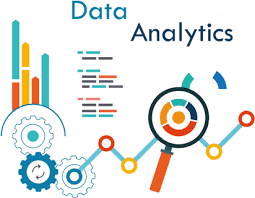

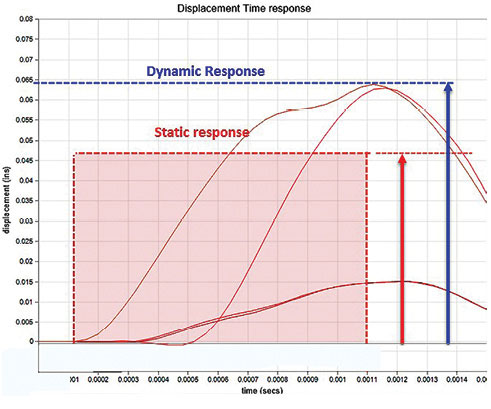







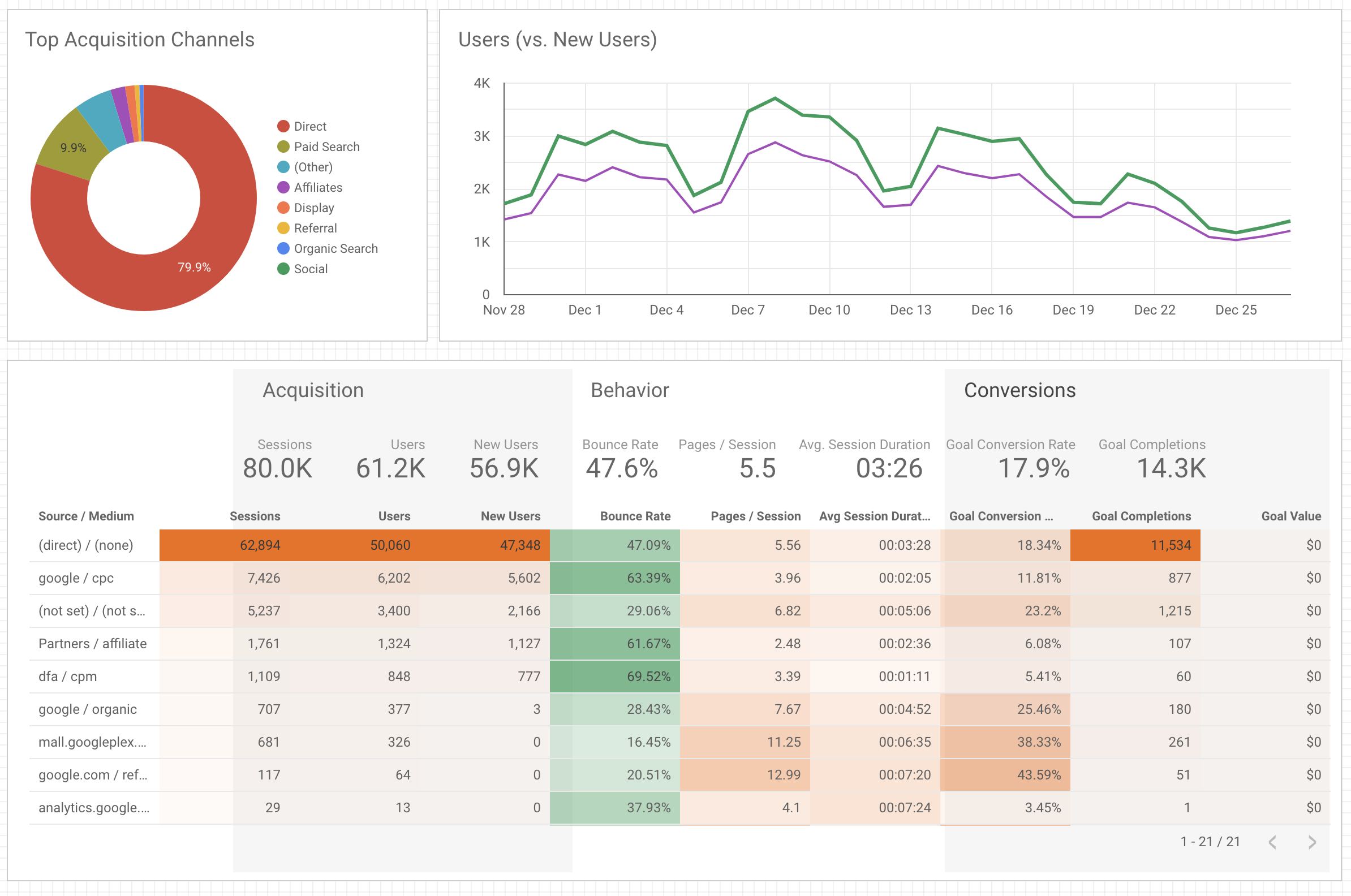




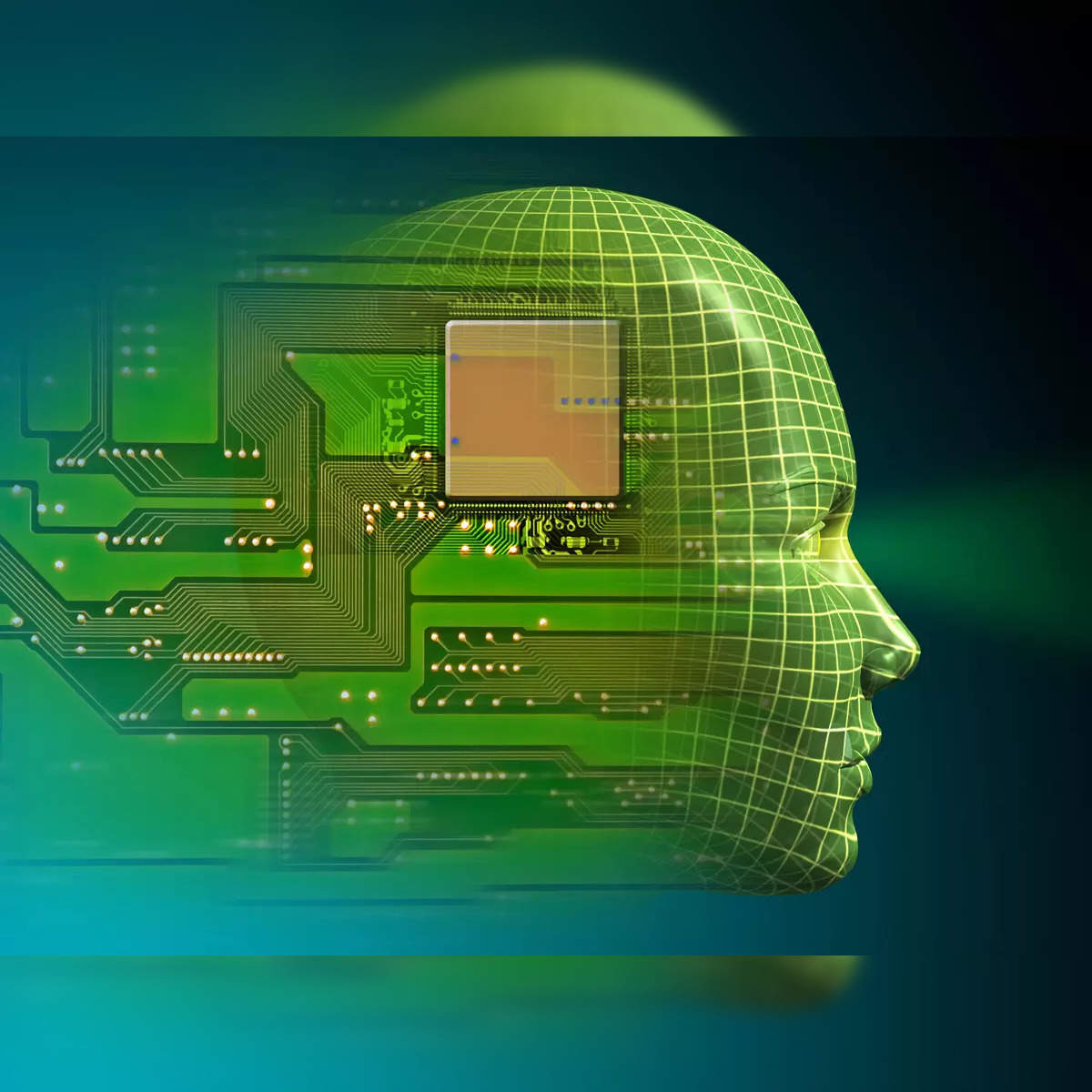




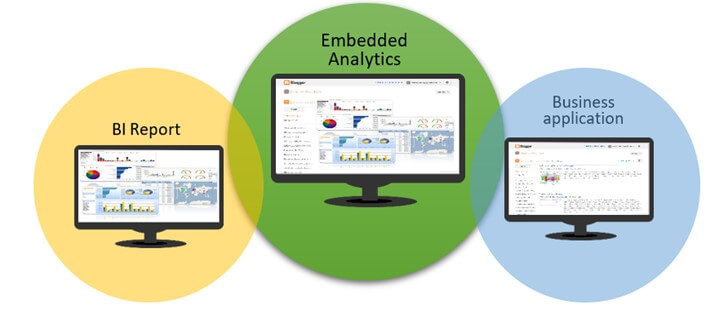





.jpg/220px-Columbia_University_(52009406881).jpg)



























